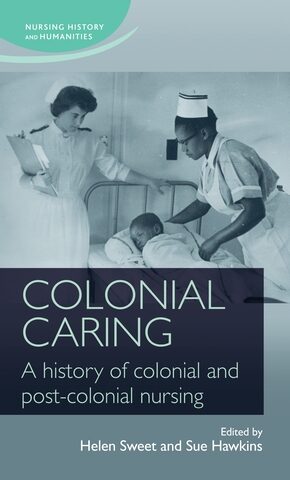(Mirror.)
As far as their ‘civilising mission’, or the duty of bringing what was perceived as the great culture of ancient Rome to the African people, was concerned their only legacy was an apartheid system. The propaganda strongly emphasised the construction of roads, schools and hospitals, but even then the practice belied the propaganda. There was a strict régime of separation between the black population and white people. Local population could not attend schools and hospitals for white Italians.
All the major cities, from the capital to Asmara, Massawa and Agordat had both civilian and military hospitals, where respectively colonial and military doctors worked. In smaller towns there were infirmaries, which worked also as pharmacy dispensaries and points for obtaining medication. Segregation between whites and blacks was rigorous and the division in nursing also respected these rules.
Nursing care at military hospitals was guaranteed by military male nurses, while Askari assistants and Ethiopian indigenous nurses took care of African soldiers. Civilian hospitals had the same divisions: volunteer Italian Red Cross nurses and nuns who had been reintegrated after the war attended Italian residents, while Ethiopian women servants performed auxiliary work such as cleaning of the premises; Italian doctors attended locals and, according to […] Fascist literature, were assisted by Ethiopian male nurses.
(Emphasis added.)


